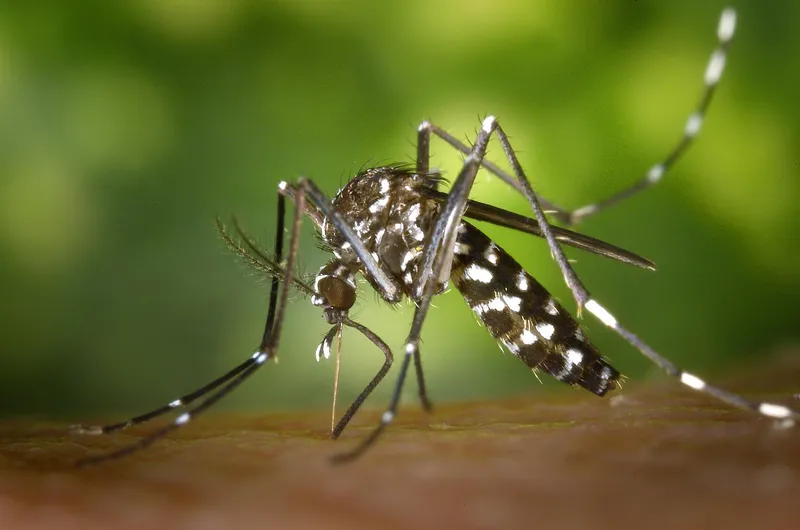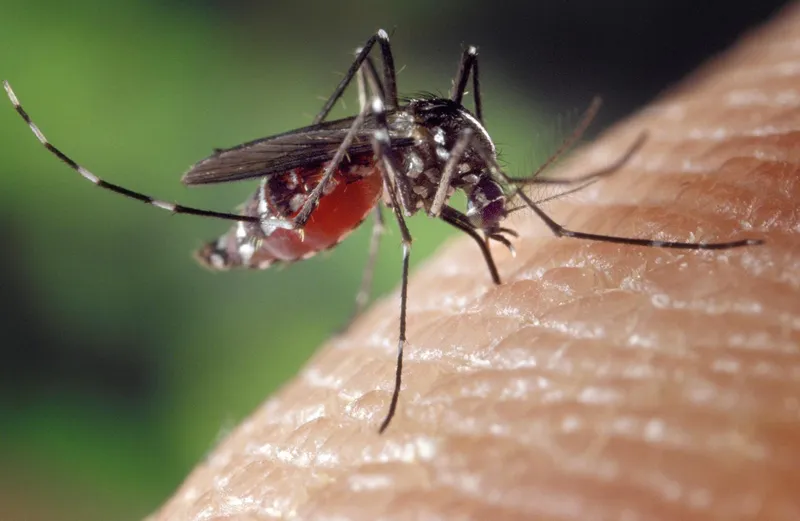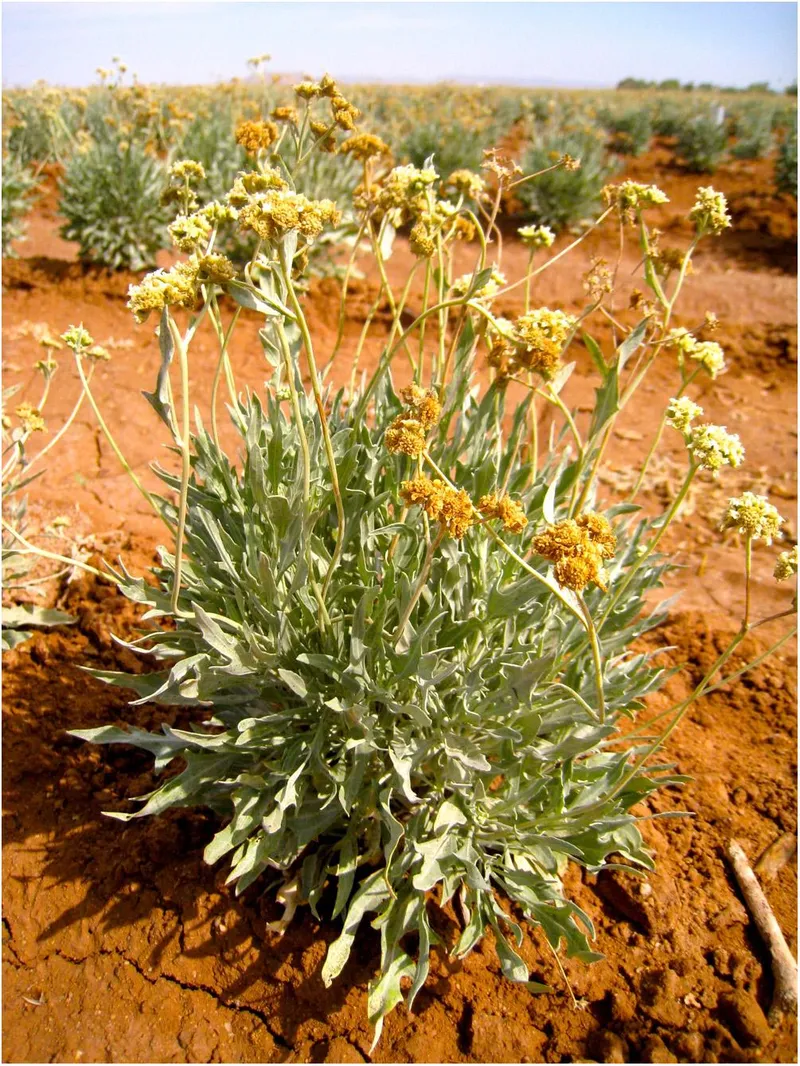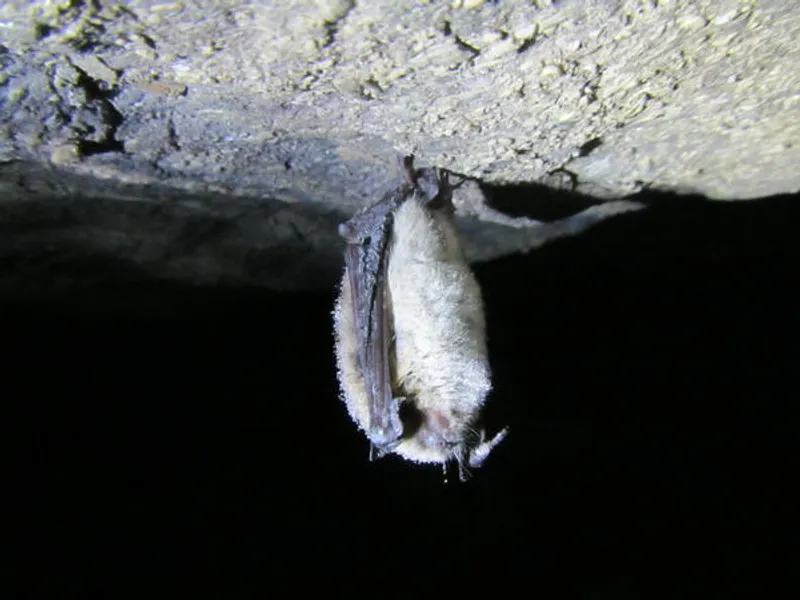Published on JUN 15 2025 by James Smith
The Science Behind Malaria in Sub-Saharan Africa

Malaria remains one of the most pressing health challenges in Sub-Saharan Africa, where it affects millions of people annually. Understanding the biology of malaria, its transmission dynamics, and effective control strategies is key to combating this disease.
Malaria is caused by Plasmodium parasites, which are transmitted through the bites of infected Anopheles mosquitoes. The parasite’s lifecycle involves both human and mosquito hosts, making eradication efforts complex.
Strategies for controlling malaria include the use of insecticide-treated bed nets, indoor residual spraying, and antimalarial drugs. Recent advancements in vaccine development, such as the RTS,S vaccine, offer hope for reducing malaria prevalence.
Dr. Emmanuel Okeke, a leading malaria researcher, highlights the importance of community engagement: “Eradicating malaria requires not only scientific innovation but also active participation from affected communities.”
The fight against malaria in Sub-Saharan Africa is advancing through a combination of scientific research, public health initiatives, and community involvement.
- Okeke, E., et al. (2025). Advances in Malaria Control Strategies in Sub-Saharan Africa. African Journal of Infectious Diseases, 14(3), 201-220.
Written by James Smith
← Home
















